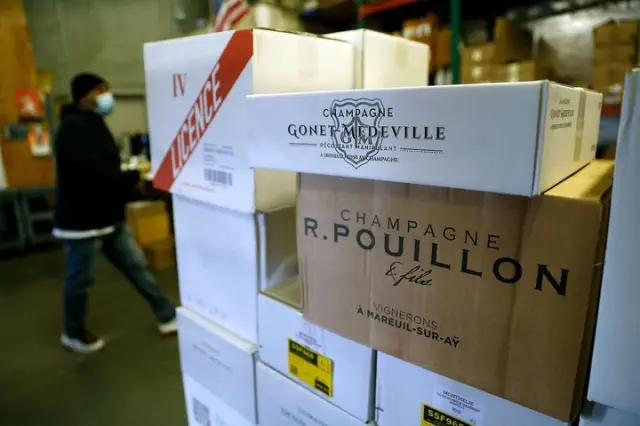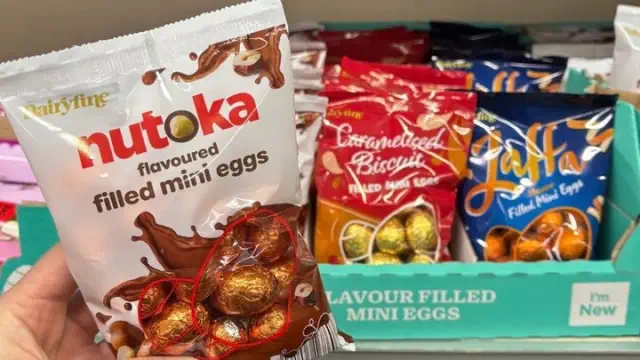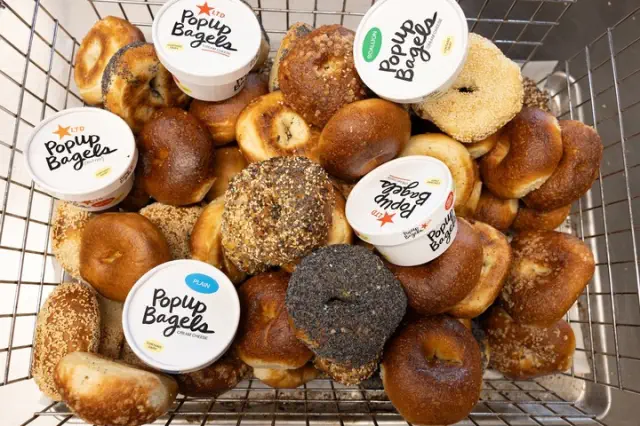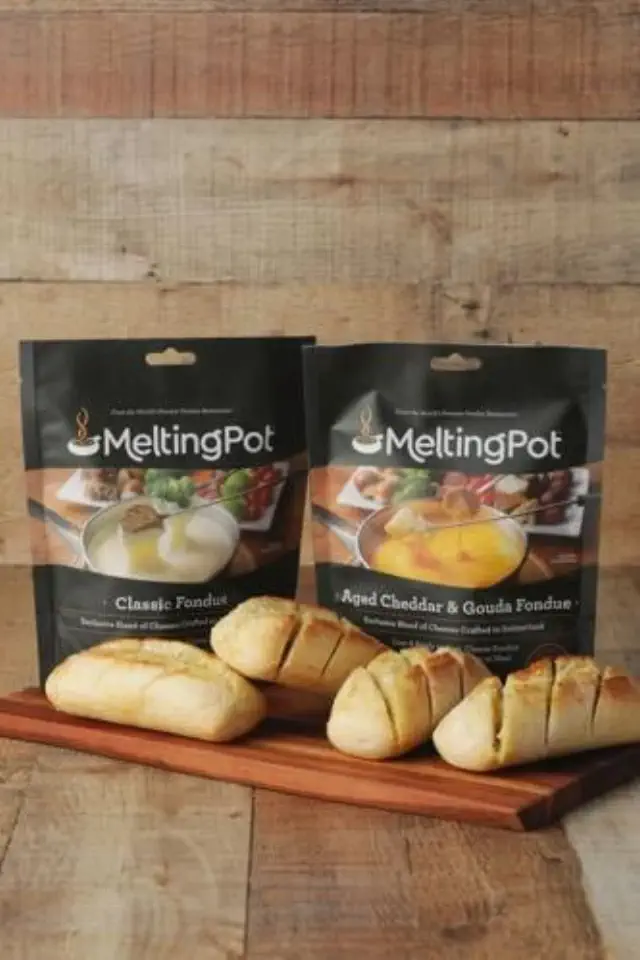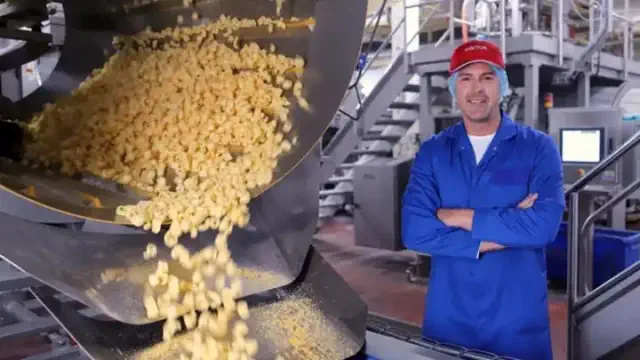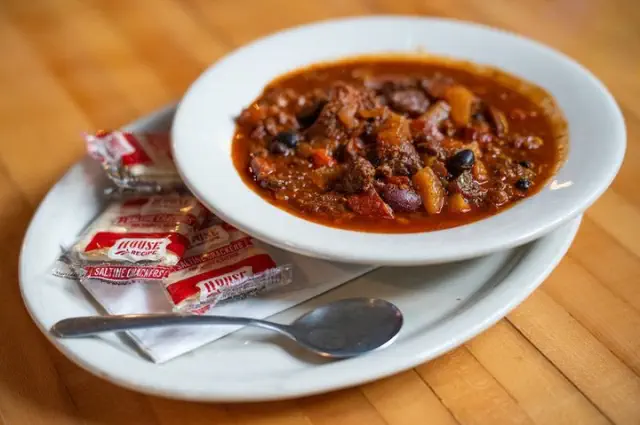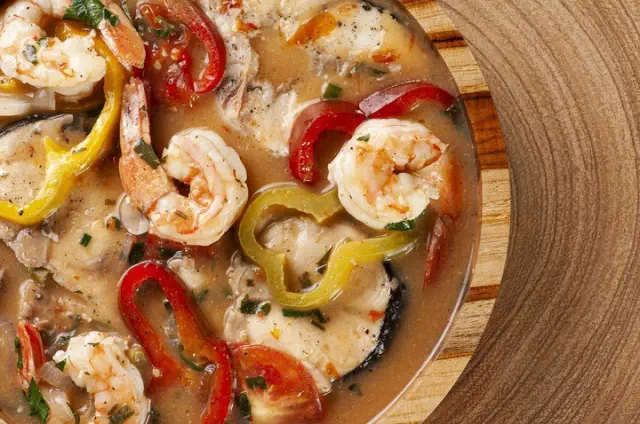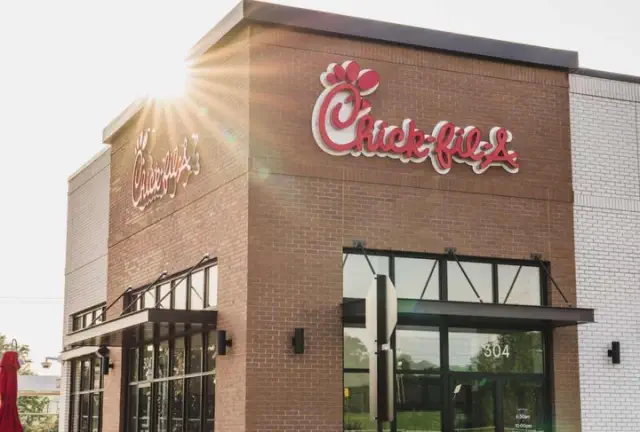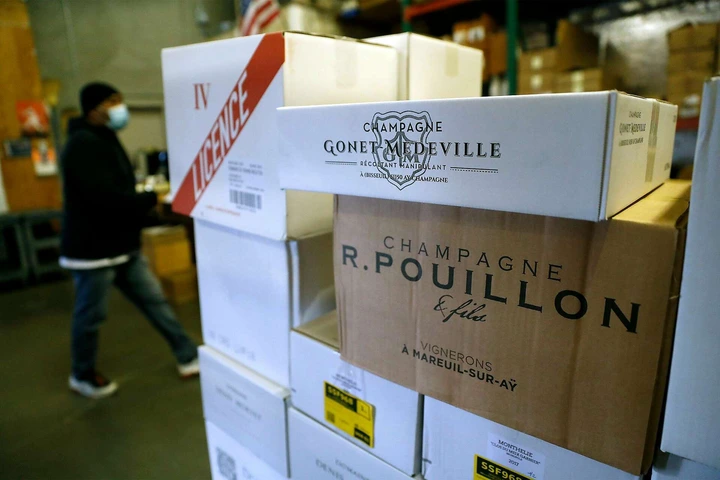
View pictures in App save up to 80% data.
Donald Trump has made it abundantly clear that he plans to instate tariffs on imported goods after he is inaugurated as president on Monday. “To me, the most beautiful word in the dictionary is tariff, and it’s my favorite word,” he told Bloomberg in October.
American restaurants, wine importers and wine retailers have been bracing for the possibility that imported wines, especially from France, could be among the Trump administration’s targets. The wine industry is already tariff-weary, having been subject to rounds of fees on European wines in 2019 and 2021 — years when many American wine businesses were already straining to make ends meet.
However, Ben Aneff, the president of the U.S. Wine Trade Alliance, believes there is a possibility that the new administration might exempt wine from tariffs this time.
The article proceeds following this advertisement.
Aneff pointed out that the structure of wine distribution in the U.S. means that tariffs on imported wines disproportionately impact American businesses, rendering them largely ineffective in a trade dispute. He believes that by 2025, crucial policymakers and legislators will have a deeper understanding of this system compared to their knowledge in 2021.
“Aneff stated, ‘Tariffs imposed on imported wine cause far greater harm to American businesses than to their foreign counterparts. For every dollar U.S. firms invest in purchasing wine from France, they generate $4.52 in revenue.’”
This is made possible by the "three-tier system," which mandates the involvement of an intermediary in the distribution of alcoholic beverages. In the United States, alcohol manufacturers are required to sell their products to a wholesaler — either an importer or a distributor — before they can sell directly to retailers or restaurants. This framework was established in our legal system following the end of Prohibition.
The three-tier system creates a significant distinction in the sale of wine compared to other imported products. For instance, consider clothing: a French fashion label like Chanel can establish its own store in the U.S. and directly transfer all profits back to its headquarters in France. However, this is not the case for a French winery. “A Dom Pérignon wine store simply doesn’t exist,” Aneff explained. “That would be against the law in the U.S.” Instead, Dom Pérignon is required to sell its Champagne to a U.S. wine importer, which then distributes it to a retail shop in America. As a result, two American entities—the importer and the retailer—benefit financially from that French Champagne.
The article proceeds following this advertisement.
The most recent tariffs imposed on wines by the Office of the U.S. Trade Representative were part of a strategy aimed at countering subsidies provided to the European aircraft maker Airbus. Aneff contends that essential stakeholders may not have completely understood the consequences of the three-tier distribution system.
“We’ve engaged in numerous productive discussions with individuals from both parties,” he stated, opting not to disclose any specific names. “It appears there is a growing recognition that the Airbus tariffs have harmed U.S. businesses more than they affected their intended foreign targets.”
Trump’s rhetoric around tariffs has been blustery but short on specifics. He has suggested he may impose a universal tariff on all goods imported into the U.S., significantly different from the targeted Airbus tariffs. But legal experts say it’s unclear whether he would have the authority to enact a universal tariff (at least in the long term) without Congressional approval. (He has floated the idea of declaring a national emergency in order to make it happen.) A universal tariff would likely lead to higher inflation, experts warn.
If a universal tariff does come to pass, foreign wine would be subject to it alongside all foreign goods. The 10% figure that Trump has mentioned would still be significantly lower than the 2021 tariffs, which taxed wine at 25%. But other reports have indicated that Trump’s team may be considering a narrower set of products, including industrial materials, medical supplies and energy production — not Bordeaux and Burgundy.
There’s one final, and very important, factor that distinguishes wine from other imports: U.S. wine producers have vocally opposed these tariffs. That’s unusual; an American steel manufacturer would presumably be thrilled if its foreign competitors were being handed an extra tax. But American winemakers want the wines of the world to be on the same shelves as their own bottles. That’s partly because they tend to drink a lot of international wines themselves, but also because, Aneff said, they don’t always see themselves as direct competitors. A Napa Cabernet isn’t the same as a Rhone Valley red.
The article proceeds following this advertisement.
“Every domestic wine organization is against the tariffs,” Aneff said. “We’re an ecosystem, and when we’re not doing well, we all suffer.”
